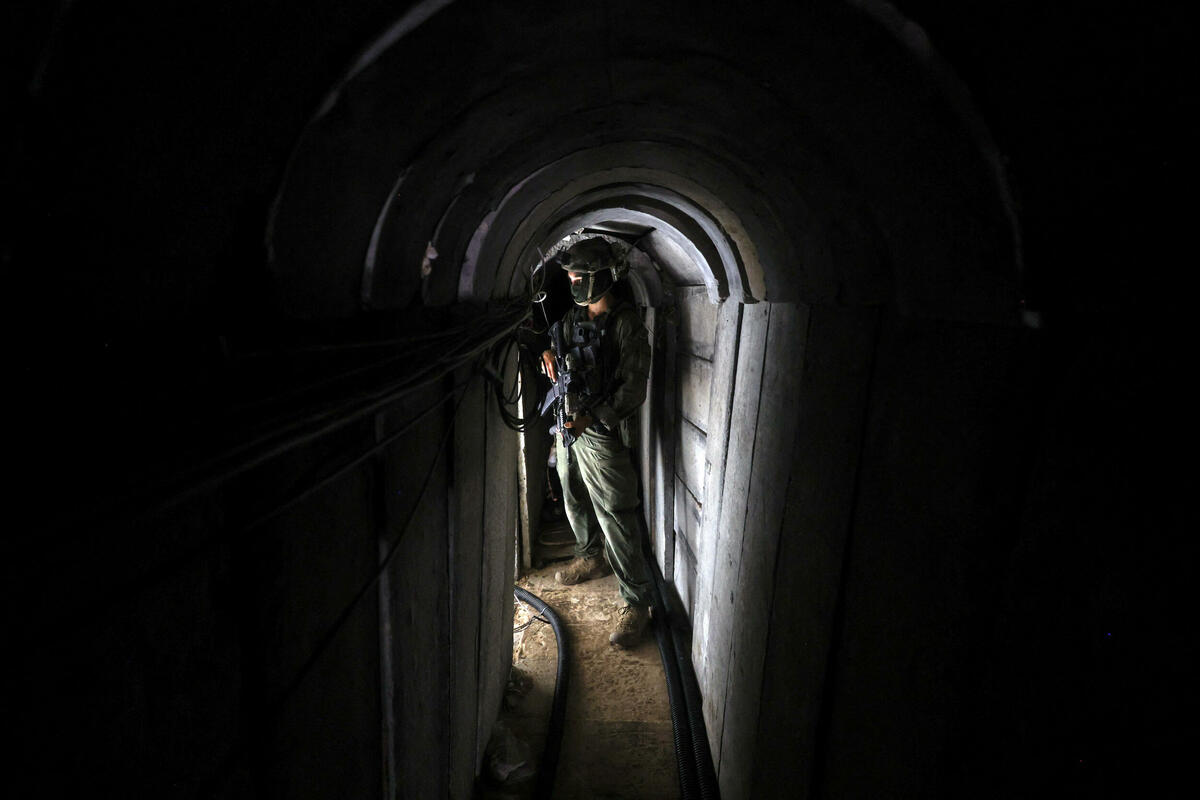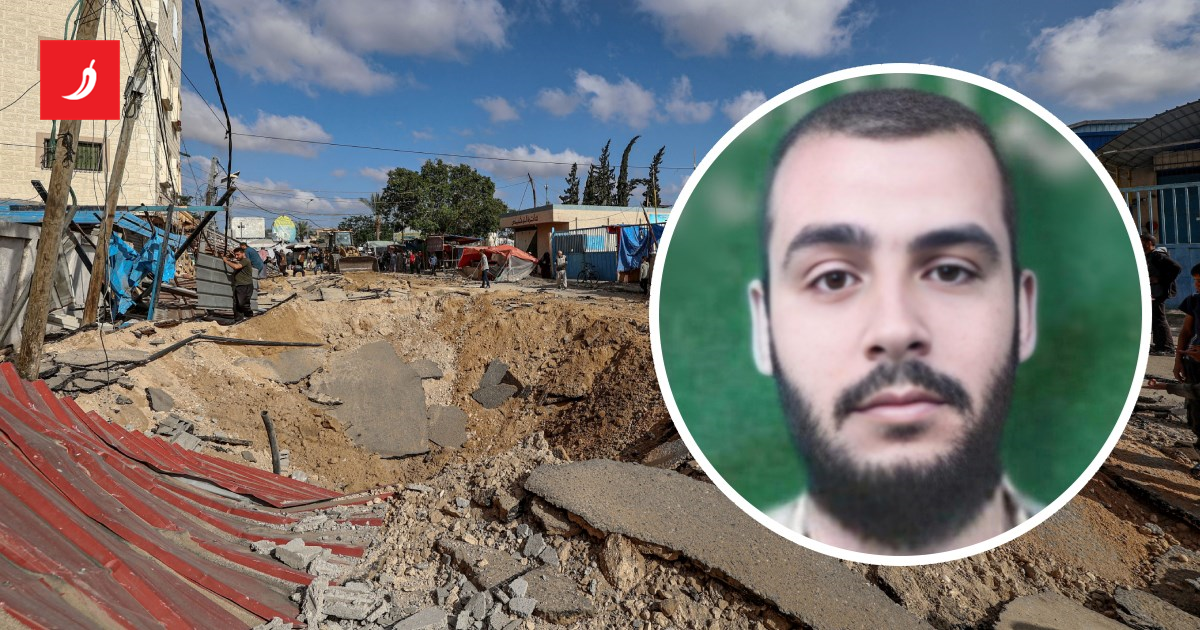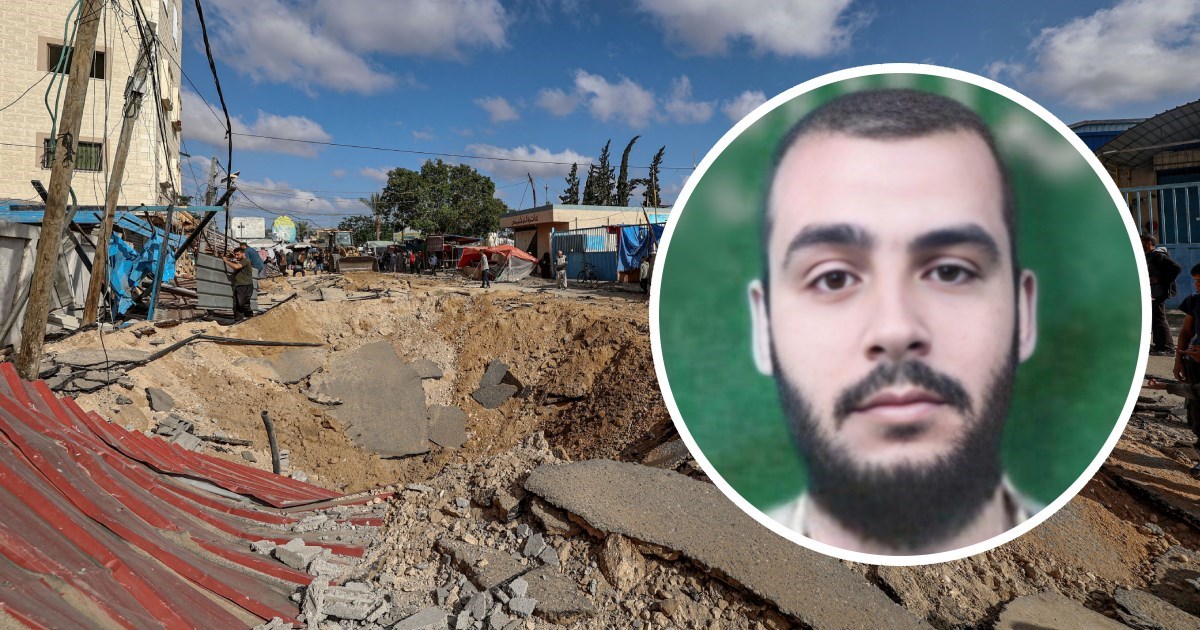The Israeli army has confirmed the identification of the body of Mohamed Sinwar, the leader of the Palestinian Hamas movement in the Gaza Strip, who was killed on May 13 in an Israeli attack. Sinwar was the head of Hamas’s armed wing, the Al-Qassam Brigades, and the younger brother of Yahya Sinwar, the former top Hamas leader. His death is part of a series of targeted killings carried out by Israel against Hamas leaders during the conflict that escalated after Hamas’s attack on Israel on October 7. Israeli Prime Minister Benjamin Netanyahu had earlier announced Sinwar’s death. Reports from various sources confirm that the body was found in a tunnel beneath the European hospital in Khan Yunis. The conflict between Israel and Hamas continues, with Israeli attacks and Palestinian hostage-taking. There are also reports of arming Palestinian clans fighting against Hamas, further complicating the situation in the Gaza Strip.
Political Perspectives:
Left: Left-leaning sources tend to emphasize the humanitarian impact of the conflict, highlighting civilian casualties and the ongoing suffering in Gaza. They often frame the killing of Mohamed Sinwar within the broader context of Israeli military aggression and the humanitarian crisis in the region. The narrative may focus on the need for ceasefire and diplomatic solutions, criticizing the escalation of violence and the blockade of Gaza.
Center: Center-leaning sources report the facts of Mohamed Sinwar’s death and the ongoing conflict with a focus on balanced coverage. They present the Israeli military’s statements and Hamas’s role in the conflict, acknowledging the complexity of the situation. The narrative includes the strategic importance of targeting Hamas leaders while also noting the humanitarian concerns and the challenges in achieving peace.
Right: Right-leaning sources emphasize the security perspective, highlighting the elimination of key Hamas militants like Mohamed Sinwar as a necessary measure to protect Israeli citizens. They focus on the justification of Israeli military actions as self-defense against terrorism and the threat posed by Hamas. The narrative often supports the Israeli government’s stance and military operations, portraying Hamas as a terrorist organization responsible for attacks on Israel.





































